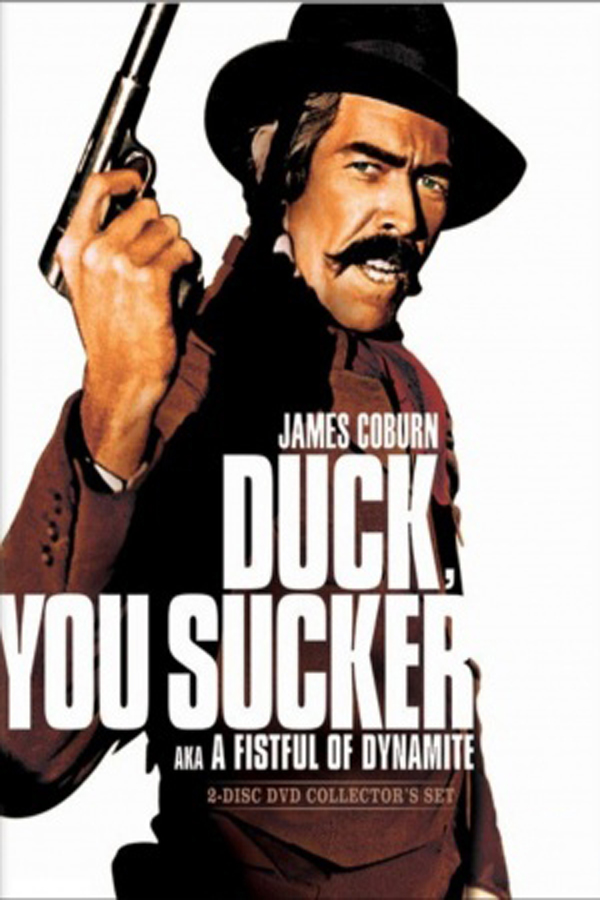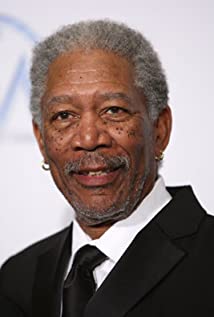Morgan Freeman
With an authoritative voice and calm demeanor, this ever popular American actor has grown into one of the most respected figures in modern US cinema. Morgan was born on June 1, 1937 in Memphis, Tennessee, to Mayme Edna (Revere), a teacher, and Morgan Porterfield Freeman, a barber. The young Freeman attended Los Angeles City College before serving several years in the US Air Force as a mechanic between 1955 and 1959. His first dramatic arts exposure was on the stage including appearing in an all-African American production of the exuberant musical Hello, Dolly!.
Throughout the 1970s, he continued his work on stage, winning Drama Desk and Clarence Derwent Awards and receiving a Tony Award nomination for his performance in The Mighty Gents in 1978. In 1980, he won two Obie Awards, for his portrayal of Shakespearean anti-hero Coriolanus at the New York Shakespeare Festival and for his work in Mother Courage and Her Children. Freeman won another Obie in 1984 for his performance as The Messenger in the acclaimed Brooklyn Academy of Music production of Lee Breuer's The Gospel at Colonus and, in 1985, won the Drama-Logue Award for the same role. In 1987, Freeman created the role of Hoke Coleburn in Alfred Uhry's Pulitzer Prize-winning play Driving Miss Daisy, which brought him his fourth Obie Award. In 1990, Freeman starred as Petruchio in the New York Shakespeare Festival's The Taming of the Shrew, opposite Tracey Ullman. Returning to the Broadway stage in 2008, Freeman starred with Frances McDormand and Peter Gallagher in Clifford Odets' drama The Country Girl, directed by Mike Nichols.
Freeman first appeared on TV screens as several characters including "Easy Reader", "Mel Mounds" and "Count Dracula" on the Children's Television Workshop (now Sesame Workshop) show The Electric Company (1971). He then moved into feature film with another children's adventure, Who Says I Can't Ride a Rainbow! (1971). Next, there was a small role in the thriller Blade (1973); then he played Casca in Julius Caesar (1979) and the title role in Coriolanus (1979). Regular work was coming in for the talented Freeman and he appeared in the prison dramas Attica (1980) and Brubaker (1980), Eyewitness (1981), and portrayed the final 24 hours of slain Malcolm X in Death of a Prophet (1981). For most of the 1980s, Freeman continued to contribute decent enough performances in films that fluctuated in their quality. However, he really stood out, scoring an Oscar nomination as a merciless hoodlum in Street Smart (1987) and, then, he dazzled audiences and pulled a second Oscar nomination in the film version of Driving Miss Daisy (1989) opposite Jessica Tandy. The same year, Freeman teamed up with youthful Matthew Broderick and fiery Denzel Washington in the epic Civil War drama Glory (1989) about freed slaves being recruited to form the first all-African American fighting brigade.
His star continued to rise, and the 1990s kicked off strongly with roles in The Bonfire of the Vanities (1990), Robin Hood: Prince of Thieves (1991), and The Power of One (1992). Freeman's next role was as gunman Ned Logan, wooed out of retirement by friend William Munny to avenge several prostitutes in the wild west town of Big Whiskey in Clint Eastwood's de-mythologized western Unforgiven (1992). The film was a sh and scored an acting Oscar for Gene Hackman, a directing Oscar for Eastwood, and the Oscar for best picture. In 1993, Freeman made his directorial debut on Bopha! (1993) and soon after formed his production company, Revelations Entertainment.

